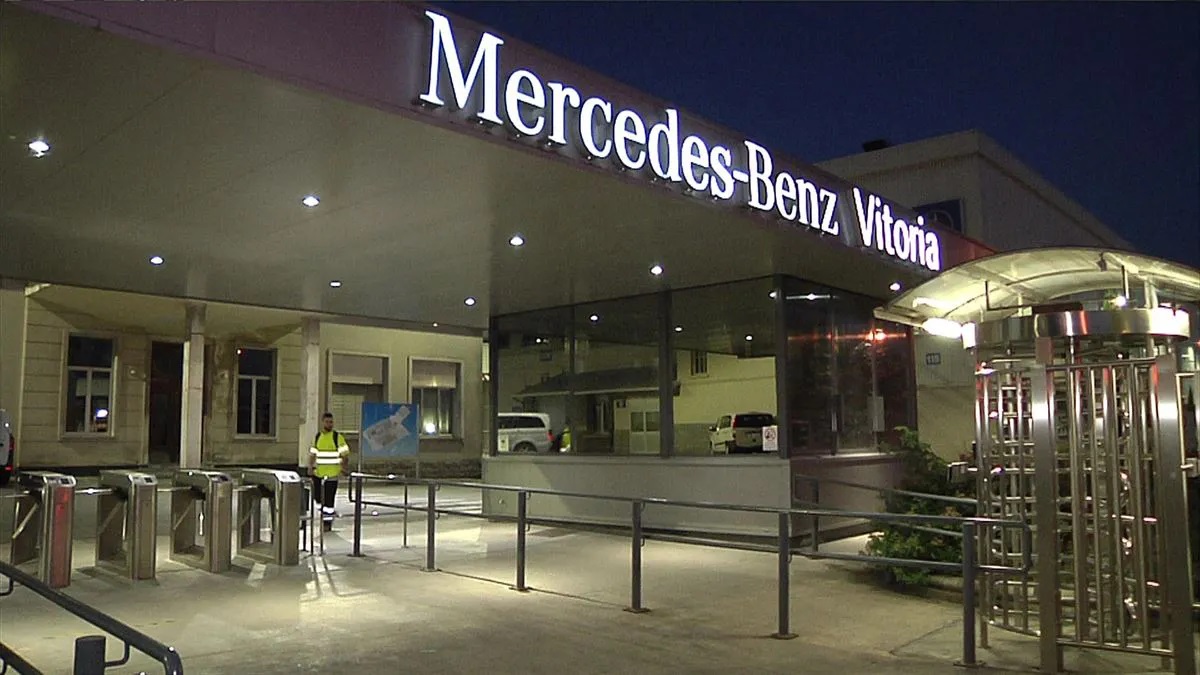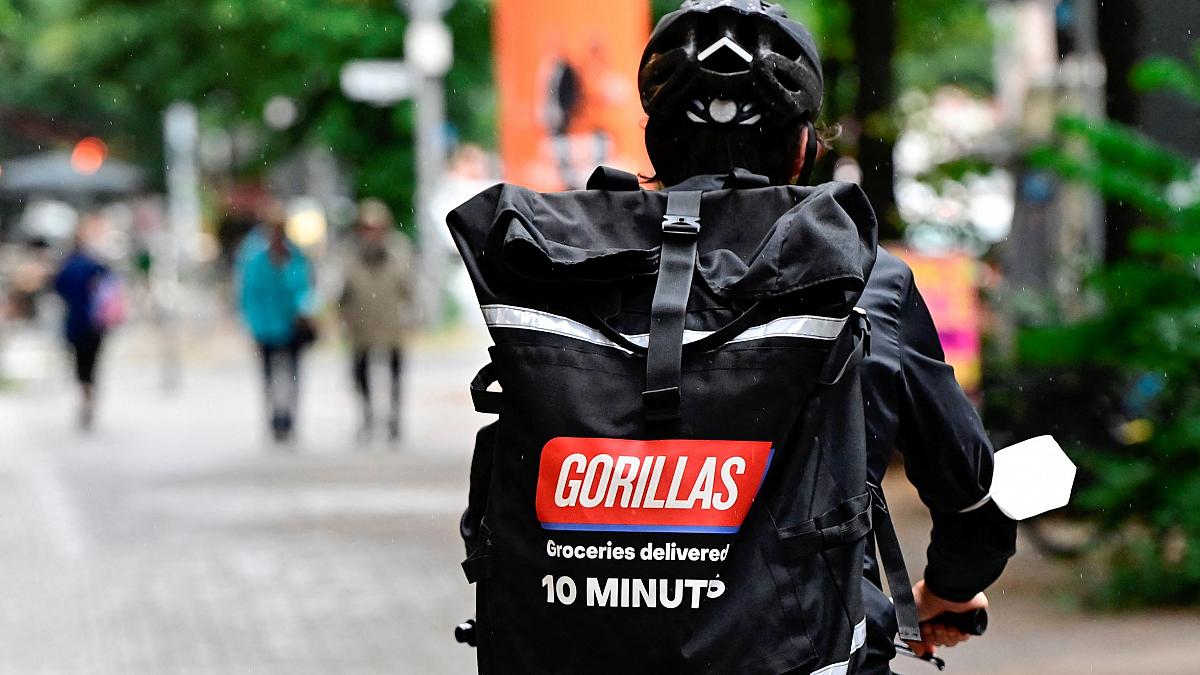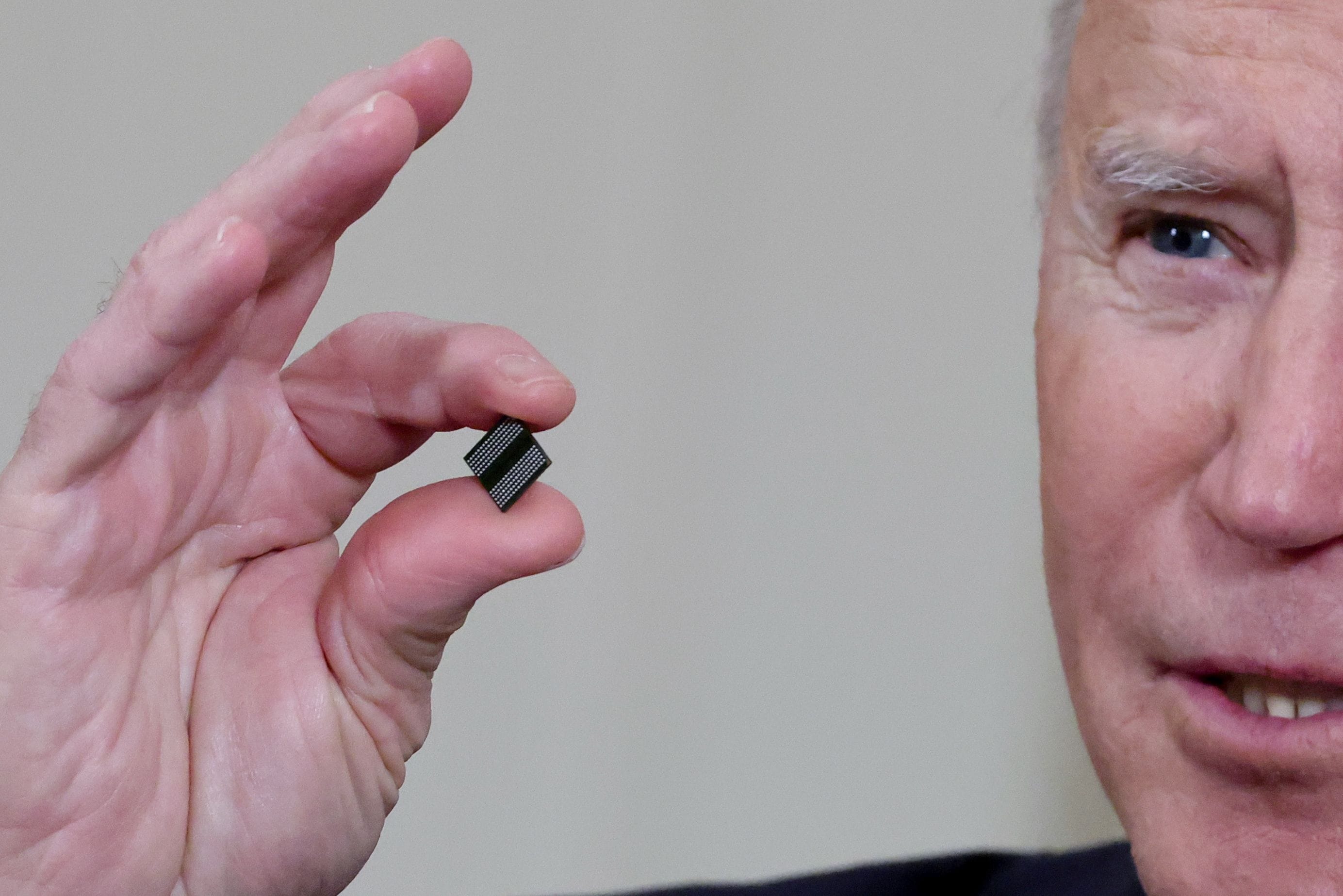Spain to compensate large companies with EUR 1036 million for the Energy Charter Pact
- More than 220 civil society organisations and members have asked Teresa Ribera and the Spanish Government to withdraw the Energy Charter Pact (EPC). The ICCE is an investment agreement for the energy sector signed by the Spanish State in 1995. The agreement allows investors to denounce States and demand astronomical amounts if they consider that laws dictated by States have reduced present or future economic benefits. Spain has already been condemned to the payment of EUR 1,036 million and investors demand more than EUR 8,000 million, almost the equivalent of La Rioja’s GDP. In the face of the health emergency caused by COVID-19, investors can raise claims of several million euros against Spain for measures taken by the Government to combat energy poverty.

The state campaign “No to the Trade and Investment Treaties” has given the Minister of Ecological Transition and Demographic Challenge a letter asking Spain to exit the Energy Charter Pact (ICCE). The letter has been signed by more than 220 organisations, trade unions, civil society representatives, academics, jurists and politicians, among others.
The main demand for the letter is the withdrawal of the pact that Spain ratified in 1995, without public debate and in secret with the citizens. The EKI was set up to guarantee the supply of energy to Western Europe, following the fall of the Berlin Wall. It is now being used against the signatory states and has become the climax of several claims of millions of euros. The Pact includes an ISDS mechanism for the resolution of conflicts between investors and States. Through this mechanism, multinationals and foreign investors can denounce States if they believe that Governments have passed laws contrary to their present and future economic interests.
In this health and social emergency, the latest laws proposed to combat climate change or the measures taken to combat energy poverty, such as the extension of the social bonus or the ban on supply cuts, can give rise to waves of complaint by large investors within the OECD. It wouldn't be the first time I did it. Bulgaria and Hungary have already received complaints from several million euros for attempting to guarantee low prices in the supply of electricity to European citizens.
In fact, Spain has already been condemned to pay EUR 1,036 million, seven times more of the budget committed by the government for its incorporation into the European Green Climate Fund, and investors have claimed more than EUR 8 billion. The money earmarked for these investments would either be obtained from the general budgets of the State, i.e. from the public purse, or would be counted as debt. Likewise, the possibility of applying increases in the electricity bill cannot be ruled out, as happened in the Castor case.
Spain, the first in the complaints
Spain is the EAST country with the most complaints: 47 in total, for renewables reductions between 2011 and 2014. Paradoxically, the demanding companies are linked to fossil fuels, and the investments became aware of the crisis situation in which the country finds itself.
Similar situations have occurred in other countries. The German company Uniper has announced legal action against the Dutch Government, as part of its national greenhouse gas reduction strategy, for the decision to close power plants by 2030.
Against this background, the future Climate Change and Energy Transition Act could be truncated by the EAST. It is expected that the implementation of the Integrated National Energy and Climate Plan (PNIEC) or the measures taken during the COVID-19 pandemic could lead to a wave of complaints of several million euros for the Spanish Government.
A reform that goes to failure
Civil society’s request to suspend the pact was made a few weeks before the start of the second negotiating period (the negotiation period will run from 7 to 10 July). As the various players across Europe have pointed out, the negotiating period will not be a pact that respects the climate, the environment and the well-being of people.
So far, the keys that have made the EKI an incredibly asymmetrical pact have not been on the table, contrary to the sovereignty of states, public budgets and the halting of the climate emergency. The business agenda is not to stop protecting investments in favour of fossil fuels and nuclear energy, to abandon the ISDS mechanism for resolving conflicts between investors and states or to include binding climate objectives.
The signatory social and environmental actors warn that investments related to the fossil fuel and nuclear energy sector are strongly protected within the EAST. Multinationals and foreign investors are using this agreement to question and hamper climate initiatives and fair energy transition, such as the elimination of polluting energy sources, the end of renewable energy sources or the reduction of electricity bills for the most vulnerable.
2021etik 2025era isuriak %15ean murriztu behar zituen industriak. Ursula Von Der Leyenek automobilgintzaren sektorearen eskutik ekintza plan bat aurkeztuko du martxoaren 5ean. Oraindik erabakia hartua ez badago ere, Europar Batasunak sektorearen eskaerak onartuko dituela diote... [+]
The devastating characteristics of today ' s global world, wars, ecological and social injustices herald an apocalyptic representation of the future anywhere on the planet. Echoes of the nuclear threat further dispel the concern of fear and concern, while politicians... [+]
The effective tax rate that Amazon paid in the last decade was 13 percent. By 2020, the 55 largest companies in the United States did not pay taxes. The effective rate on the profit of companies that in the Spanish state invoiced more than one billion euros was 4.57% in 2019... [+]




















